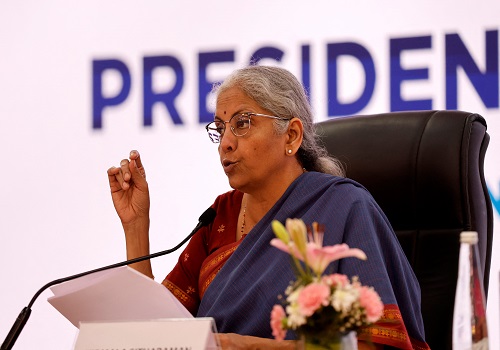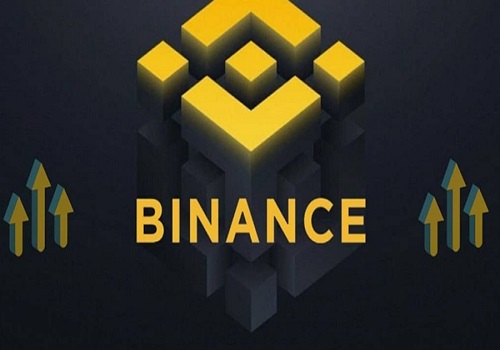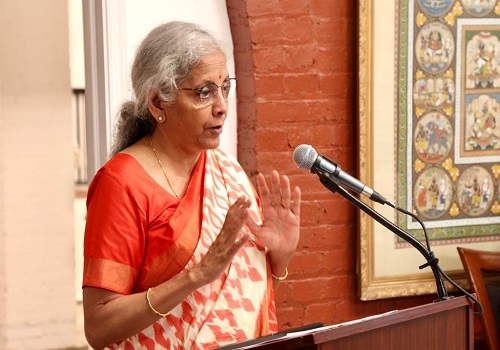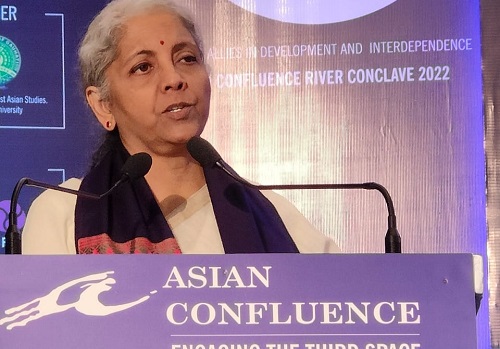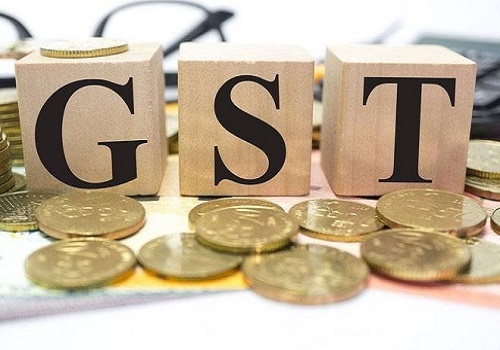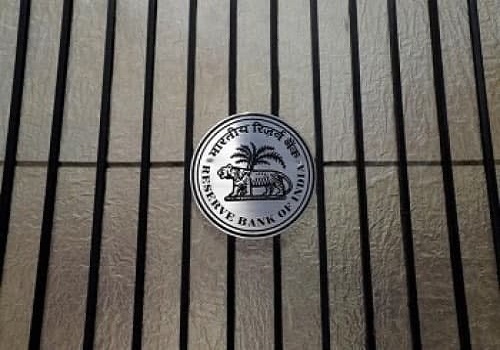G20 Finance Ministers agree to address debt stress, discuss Ukraine and crypto assets
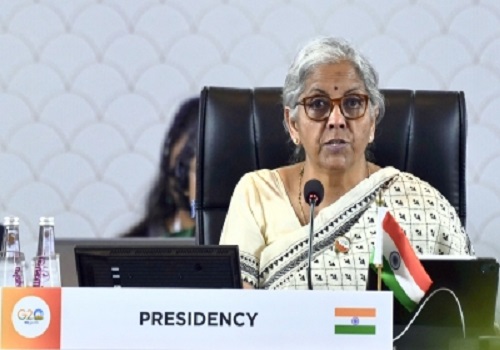
Follow us Now on Telegram ! Get daily 10 - 12 important updates on Business, Finance and Investment. Join our Telegram Channel
G20 Finance Ministers and Central Bank Governors (FMCBG) recognised the urgency to address debt vulnerabilities, including strengthening multilateral coordination toward addressing increasing debt distress in low-income and vulnerable middle-income countries, as well as challenges to the global economy, including Ukraine, during their two-day meeting, which concluded on Thursday in Washington.
The members arrived at a consensus that global policy responses to crypto assets are required.
Finance minister Nirmala Sitharaman, who chaired the meeting held between April 12 and 13, told mediapersons that funding of developmental activities is required for low and middle-income countries.
"There are pockets of underdeveloped areas in middle-income countries, especially in the post-pandemic era, which desperately need funding for development," she added.
"We're looking at the World Bank for two core things - extreme poverty alleviation and bringing prosperity post-poverty alleviation. Sustainability and goals related to climate, climate finance and energy transition will now have to be the third pillar," Sitharaman informed.
"On India's proposal to regulate crypto assets, there's a greater acceptance among G20 members that any action on crypto assets must be global. G20 and its members agree that it'll not be possible for a single country to deal with crypto assets," the Finance Minister said.
There has to be a coordinated global understanding to regulate crypto assets. IMF's paper is being discussed, and FSB's (Financial Stability Board) paper will be considered soon. A synthesis paper will be prepared based on IMF and FSB's paper, she informed further.
"There is a consciousness that crypto assets, particularly those not backed by any sovereign assets, can themselves cause macroeconomic instability," Sitharaman said.
During the "Global Sovereign Debt Roundtable" where all stakeholders of the debt distress related matters, private participants and affected countries were there, positive discussions were held on the debt restructuring issue, the Finance Minister told mediapersons.
"Discussion on climate finance is moving in a positive direction, not just the current flow but also the quantum required for meeting climate challenges. Private financing, transitional costs and technological requirements are also being looked into," she said.
G20 discussions also progressed under the Global Partnership for Financial Inclusion (GPFI), Sitharaman said.
"Countries took a keen interest in leveraging Digital Public Infrastructure (DPI) for global financial inclusion and productivity gains. When we're talking about crypto and DPI, cross-border payment issues also get subsumed. Cross border payments issue has the strength of being a very important instrument to be a good buy-in from all the G20 countries," she noted.
"On international taxation, the FMCBG meeting focussed on the urgent need to galvanise international efforts towards achieving a fair, sustainable and modern international tax system. Swift implementation of the two-pillar international tax package has been called for by all members," Sitharaman informed.

















